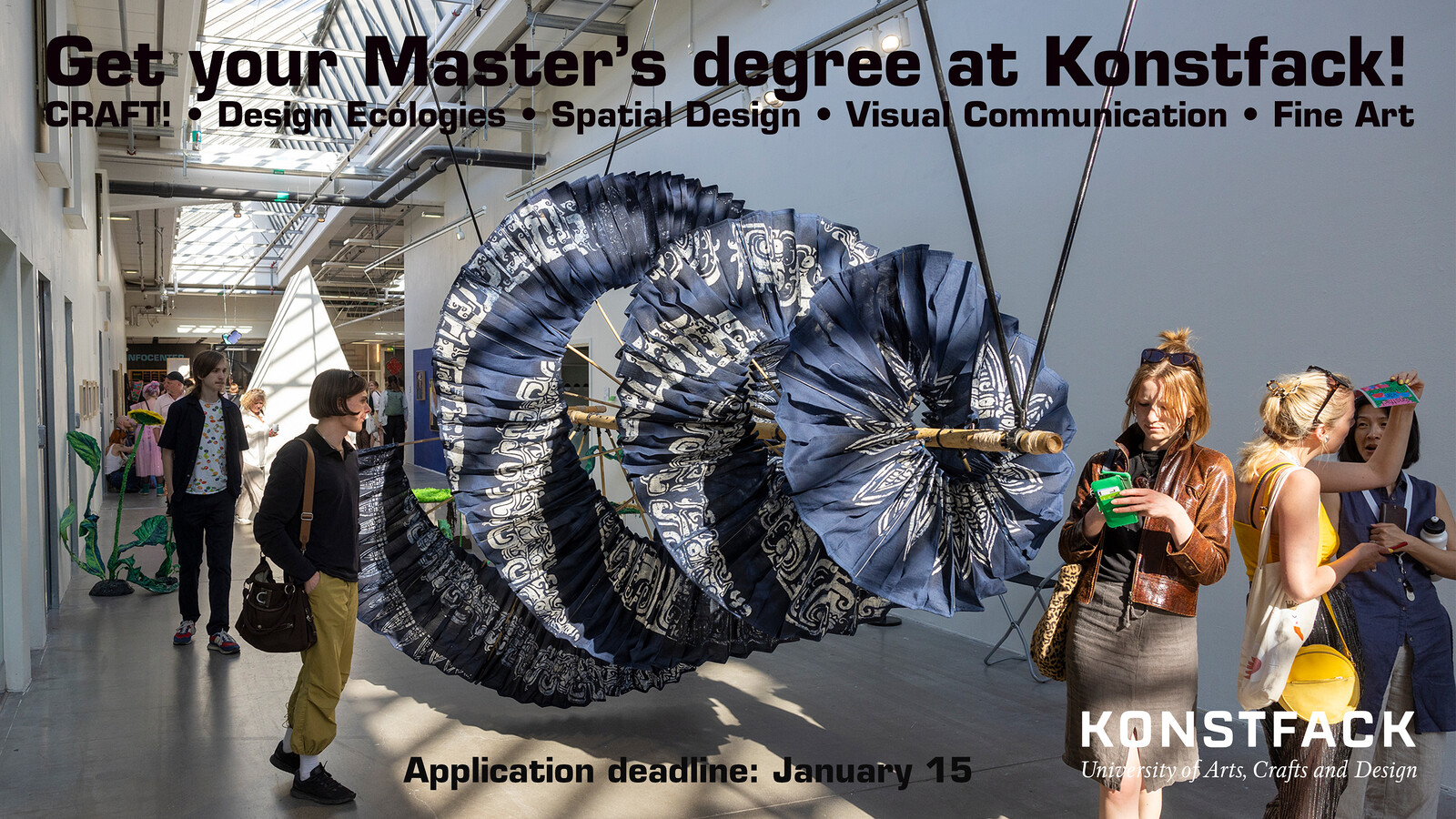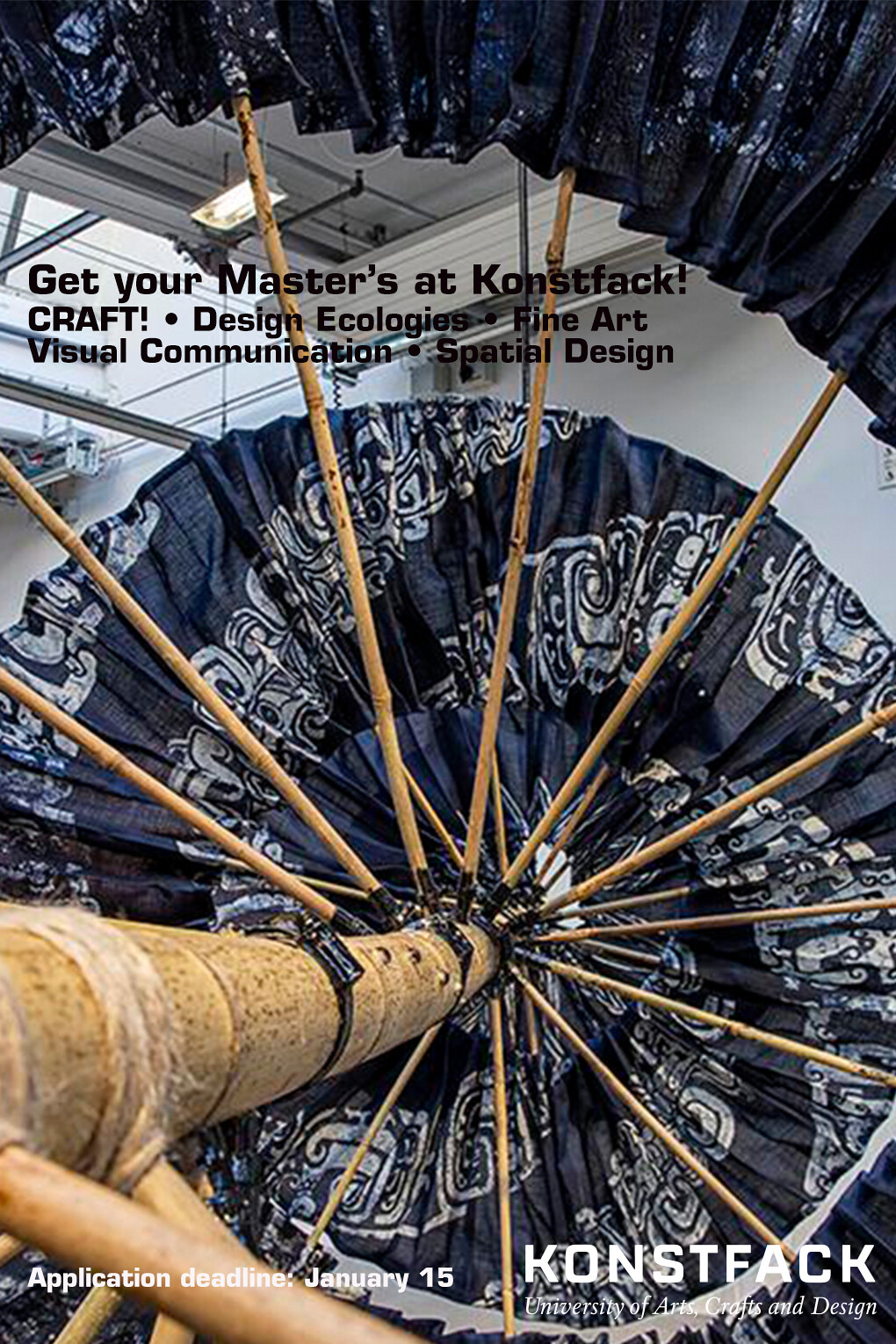October 27–28, 2015
The University of Chicago
Center in Beijing
Culture Plaza
20th floor 59A Zhongguancun Street
Haidian District
Beijing 100872
Hours: Tuesday–Wednesday 10:30am–5pm
Today, the arts are recognized not only as works of individual production and subjectivity, but also as a major force in shaping vibrant communities, fostering social engagement, and contributing to economic development. In light of this recognition of the power of the arts on the global stage, this is an ideal time for artists, curators, researchers, and policymakers to exchange insights and experiences about the opportunities, challenges, and changes taking place in the contemporary art world. We invite you to join us for a two-day symposium at the University of Chicago’s Beijing Center with sessions that will focus on deepening our understanding of artistic practices, institutions, and policies in the specific political, cultural, and economic context of China.
Schedule:
Tuesday, October 27
10:30am–12:30pm
Session 1: “Cultural Policy in China: Overview and Current Challenges”
This session will bring together Chinese scholars to provide an overview of the development of cultural policy in China since 1978, and then to discuss a variety of current policy issues and challenges.
Featuring:
Hu Huilin, Professor, Shanghai Jiao Tong University; Director, State Cultural Industry Innovation and Development Academy, Cultural Ministry & Shanghai Jiao Tong University
Qi Shuyu, Professor and Director, Social and Cultural Department, Chinese Academy of Governance; Director, Cultural Policy and Management Research Center
Wang Jing, Assistant Researcher, Shanghai Jiao Tong University; Vice director, China Cultural Development Index Research Center, Shanghai Jiao Tong University & Chinese Culture Promotion Society
Jia Leilei, Researcher and Vice President, Chinese National Academy of Arts; Director, Cultural Development Strategy Research Center
Moderated by Betty Farrell, Executive Director, Cultural Policy Center, University of Chicago
2–4pm
Session 2: “Art School and Cultural Production in the PRC, 1978—now”
This session will bring together scholars to discuss the expansion of the art education system in China and the role these institutions have played in changing cultural production over the last four decades.
Featuring:
Kuiyi Shen, Director of the Chinese Studies Program and Professor of Asian Art History, Theory, and Criticism, University of California at San Diego
Peggy Wang, Assistant Professor of Art History and Asian Studies, Bowdoin College
Moderated by Lily Chumley, Assistant Professor of Media, Culture and Communication, New York University
Wednesday, October 28
10:30am–12:30pm
Session 3: “Use Value”
With the recent development of the Chinese cultural sphere into civil and statist models, what are the repercussions for the arts? What are the social and political stakes in each case? This panel will take up the questions that these new and multiplying venues present in an attempt to unpack the changing role of the arts in an increasingly complex cultural space.
Featuring:
Philip Tinari, Director of the Ullens Center for Contemporary Art, Beijing
Stephanie Smith, Chief Curator at the Art Gallery of Ontario
Bao Dong, Independent curator, Beijing
Moderated by Geof Oppenheimer, Associate Professor of Practice, Department of Visual Arts, University of Chicago
2–3pm
Session 4: “The Arts and China’s Rise to Global Power”
Keynote address by Richard Curt Kraus, Professor Emeritus, University of Oregon
China’s new international status has been led by dramatic economic growth and by (mostly untested) military power. Although the Chinese art world has been transformed, the arts have played a secondary role in China’s rise, despite deeply held Chinese assumptions that power has an important cultural dimension, and remarkable skill by Chinese writers, painters, and musicians. Chinese leaders believe the world ought to show increasing respect for China’s arts, and are frustrated when this happens only slowly.
This session takes up the question of why the arts have not yet lived up to their potential in underscoring China’s new global status.
3–4pm
Wrap-up discussion
Moderated by Bill Michel, Executive Director, Reva and David Logan Center for the Arts, University of Chicago
4–5pm
Reception



